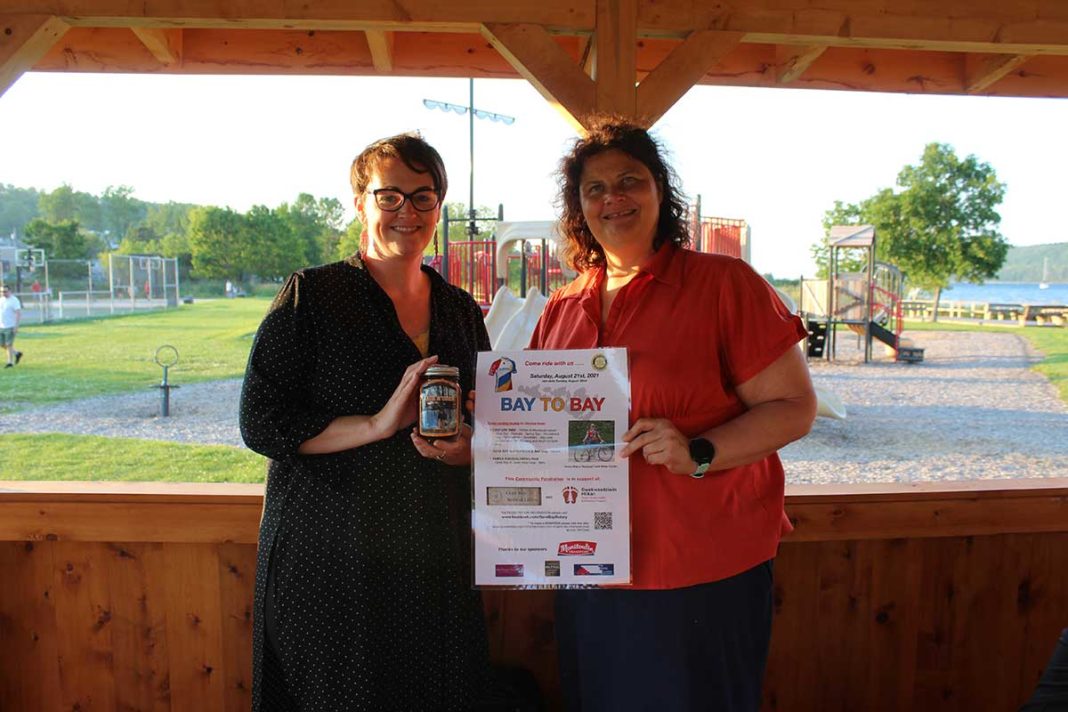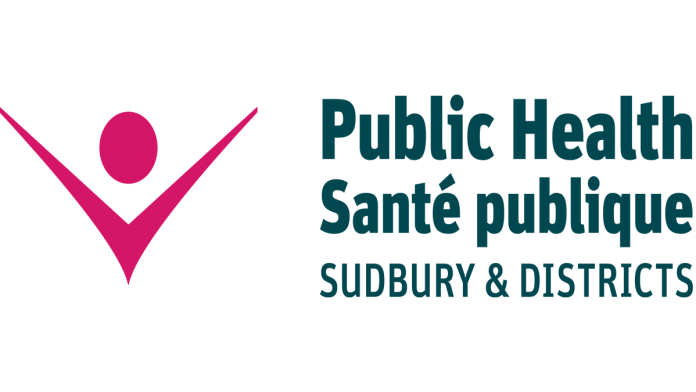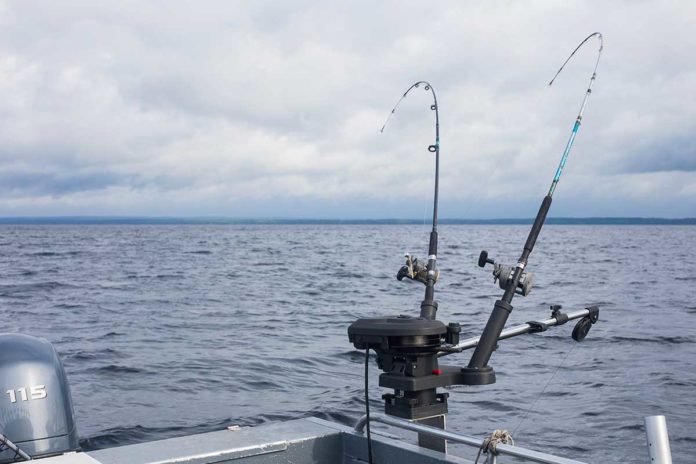GORE BAY – Although Gwekwaadziwin Miikan’s (Gwek) Youth Mental Health and Addictions program has only been in place a short time, it has been very successful in providing a path to recovery for those facing addictions. Three years into the program, it has a phenomenal 80 percent success rate, Anne-Marie Thibault, clinical director of Gwek, told members of the Gore Bay Rotary Club at its meeting last week. The Rotary Club will be hosting its annual Bay to Bay (bicycle) Ride on August 21, with proceeds from the fundraiser going to Gwek and the Gore Bay Medical Centre.
Gwek falls under the umbrella of the United Chiefs and Councils of Mnidoo Mnising, and was developed over four to five years before getting funding. “The program came about because of the number of opioid deaths that have occurred on Manitoulin Island,” Ms. Thibault said. “First Nation chiefs and others came together to look at what they could do in this crisis with the lack of treatment beds. Often a family’s loved ones have to travel a long way for treatment and have to pay $30,000-40,000 at another program.”
“We were flooded immediately when we opened the program,” she said. The program is open for participants aged 19 to 30 from across Ontario. The only requirement is a valid Ontario Health Card. “We have been one of the only treatment programs that has remained open through COVID, when opioid addiction numbers went through the roof.”
The Gwek program is similar in design to the Pine River Institute program, offering land-based treatment, live-in aftercare and community aftercare for young adults struggling with addiction and other mental health issues. The live-in aftercare program and Gwek’s head office is located in Aundeck Omni Kaning (AOK). Gwek weaves traditional culture with therapeutic best practices and outdoor experiential learning, education and life skills to offer a full spectrum of care for individuals on their path to recovery. The Seven Grandfather teachings are integrated into all aspects of Gwek programming.
The land-based component runs year-round with participants spending 90 days in the outdoors. Most addictions programs last 28 days. “We feel that 28 days is not enough time for people to fully recover,” Ms. Thibault said. “For those with deep-rooted trauma, 28 days is a band-aid solution.”
During their 90 days out on the land, participants live in tents or cabins and use outdoor showers and outhouses. They learn to paddle and cook as well as hunting moose and how to set traplines. During moose season participants spend a month in the bush, travelling four hours by canoe to get to the campsite. “The program gives participants land-based skills for when they go home. It is pretty neat to see in action. There is no desk where people work and everyone pitches in at the camp,” said Ms. Thibault.
One participant was afraid of being hurt in a canoe (Gwek has certified instructors). The participant sent a letter home in which she wrote, “It’s crazy to put me in a canoe but it’s funny, I feel I can beat my addiction if I can manage to get a canoe over the North Channel.” Cases like these demonstrate how pride in one’s accomplishments and a sense of belonging can improve self worth and really help people with mental health and addictions issues, Ms. Thibault added.
Live-in aftercare runs for six months up to one year. Participants live in a supervised 11 bed transition house located in AOK. “This transitional house is staffed 24 hours a day. Participants have to volunteer, attend school or work. Our graduation rate from this program is 100 percent,” she said.
The community aftercare program runs for an additional six months. “The goal is to reintegrate a participant into the community in a gradual transition to either independent living or living with their family and with full reintegration into their community,” Ms. Thibault added. “With this phase we do a lot of Zoom sessions with a focus on relapse prevention.”
Gwek wants to increase its intake of Manitoulin participants, which is currently 40 to 50 percent. There are large intakes from Thunder Bay, Niagara, Inuvik, as well as other places across Ontario. The average age of participants currently is 24 years. With a pilot project for participants over 30 years underway, the oldest participant is 46 years old. There are older applicants but many 19-year-olds as well, said Ms. Thibault. “We have a waiting list of over 100 people. We average four intakes per year. Quite often, participants can take the program two, three or four times to recover.”
The program is completely voluntary. People are there because they want to be, Ms. Thibault pointed out. Most participants, about 85 percent, stay in touch after they’ve completed the program, possibly because it’s so person centred. Participants will generally remain with the same counsellor until the program is complete. “It’s a lot of work but definitely worth it when you see the positive change in people. It’s sad that a program like this is needed.”
The length of the program is something that makes it unique, she said. “Land-based programming has exploded. We’ve been asked to train in many other locations. It’s hard to do this, because we don’t have the manpower.” Gwek employs 35 staff full-time and are still hoping to receive more funding so they can provide services to those between the ages of 12 and 18 years.
Funding for Gwek is provided by federal and provincial governments through a tripartite agreement with Ontario’s Ministry of Health and Ministry of Community and Social Services and Indigenous Healing and Wellness. “We work out of a portable building and every dollar we get basically goes into the program,” Ms. Thibault said. They have recently hired three additional staff and do fundraising. Recently the program added five additional beds.
Gwek is grateful to be a recipient of funds raised by the Gore Bay Rotary Club’s Bay to Bay Ride, Ms. Thibault said. “At this point there is one rider (from Gwek) for sure and quite possibly more. If we get some bikes donated, we may have participants as well. It’s a wonderful event. We’re thankful for this first fundraiser for us (other than those done by staff). We are very, very appreciative of your support.”





